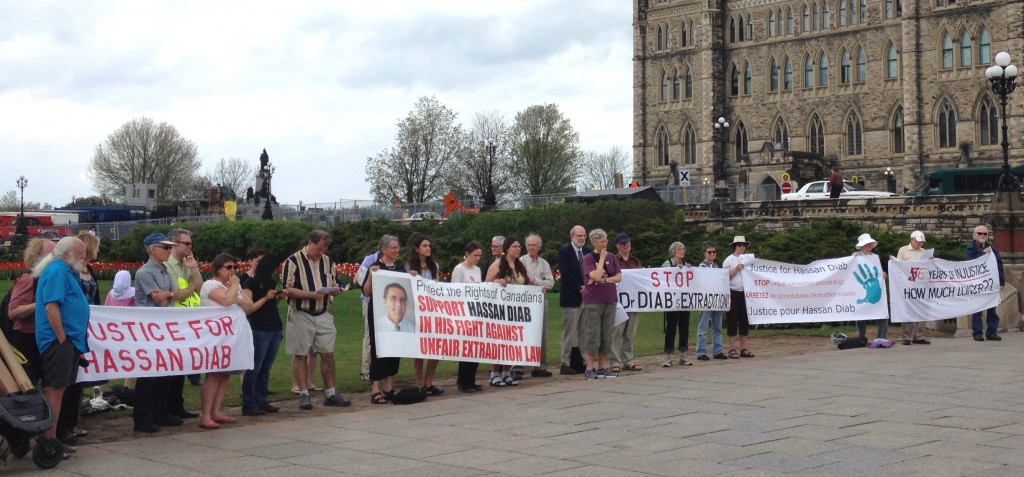Please help us reform Canada’s extradition law!
Canada’s extradition law is unjust:
- In extradition, Canadian standards of evidence do not apply. The standard for extradition is so low that Canada hands people over to other countries more or less for the asking, based on the flimsiest of evidence that would not be accepted in a Canadian trial.
- Evidence submitted by the foreign country is presumed reliable, and the ability of the person sought to challenge the case against him or her is severely curtailed.
- The foreign country can cherry-pick its evidence and conceal exculpatory evidence. The person sought has no right to disclosure of evidence beyond what the foreign country chooses to place in the Record of the Case.
- Canada’s extradition law places the burden of proof on the person sought to show that the evidence against him or her is “manifestly unreliable”. The test for unreliability is so high that it is virtually impossible to meet.
- Canada extradites its citizens to countries that use secret intelligence as evidence, including intelligence obtained from torture.
- There is a great divide among the provinces across Canada in how they interpret and apply the federal extradition law, and this is contrary to the fundamental principle that all Canadians should be treated equally before the law.
- Canada’s extradition law is unbalanced. Canada extradites its citizens to countries that do not extradite their own citizens (France, for example).
In Dr. Diab’s case:
- The Canadian extradition judge described the evidence against Hassan as “very problematic,” “suspect,” and “weak”. He said that “the prospects of conviction in the context of a fair trial seem unlikely”, but stated that his interpretation of Canada’s extradition law left him no choice but to commit Hassan to extradition.
- The case was allowed to go forward despite numerous serious contradictions and misrepresentations in the Record of the Case, and despite the reliance on secret intelligence.
- Evidence showing that Hassan’s finger and palm prints do not match those of the suspect has been suppressed and not allowed in the extradition hearing.
- Hassan would be a free man if he was living in Vancouver instead of Ottawa, as the province of British Columbia interprets the extradition law differently from Ontario.
- French authorities revealed that Dr. Diab is not charged, and that he is wanted for investigation purposes only. Despite this revelation, and despite the fact that extradition must be for trial only, the Canadian Minister of Justice signed an order surrendering Hassan for extradition.
- If extradited, Hassan will be torn from his home and family to languish in jail, possibly for years without trial, while France continues its 33-year investigation.
If it can happen to Hassan, it can happen to any one of us!

